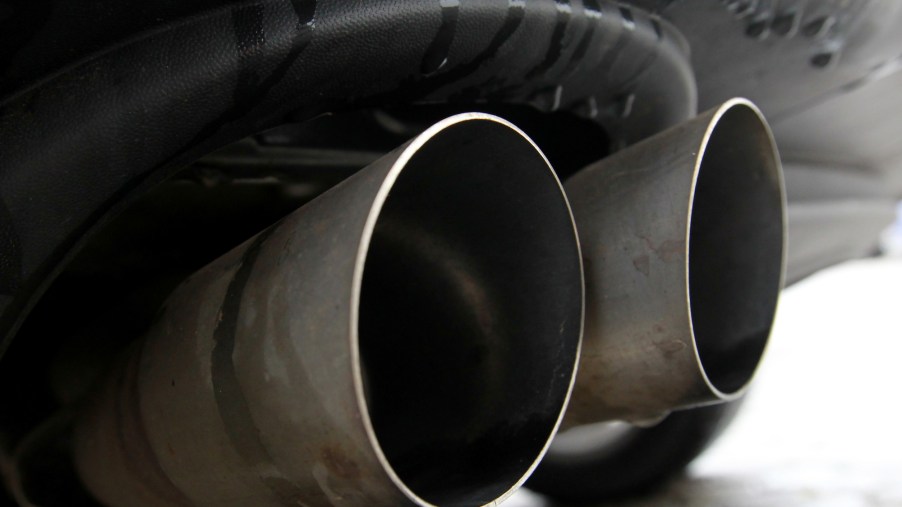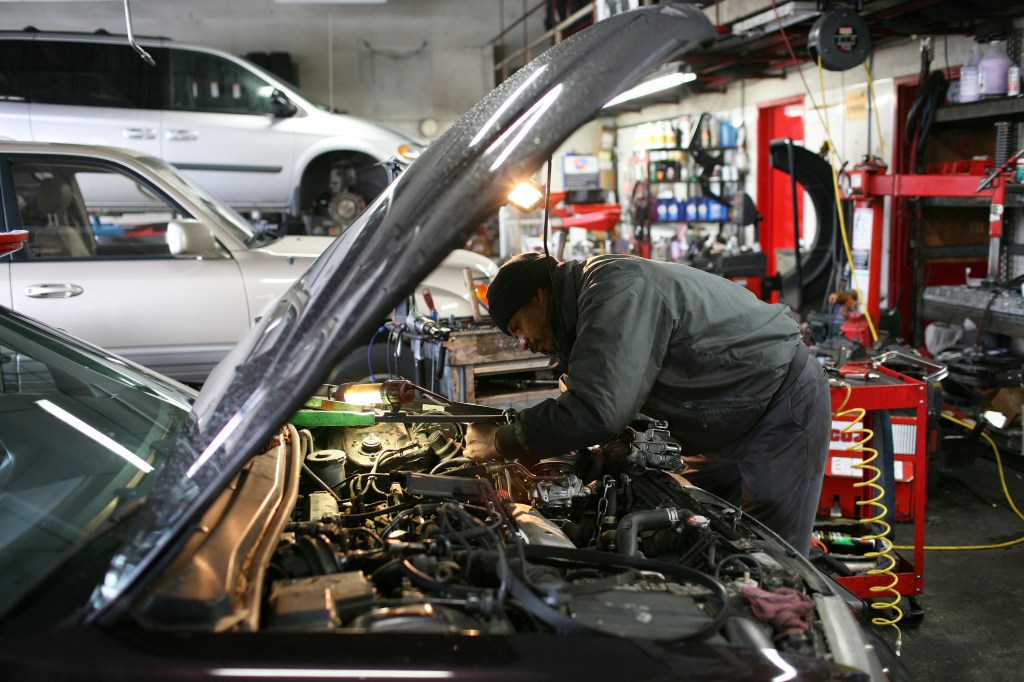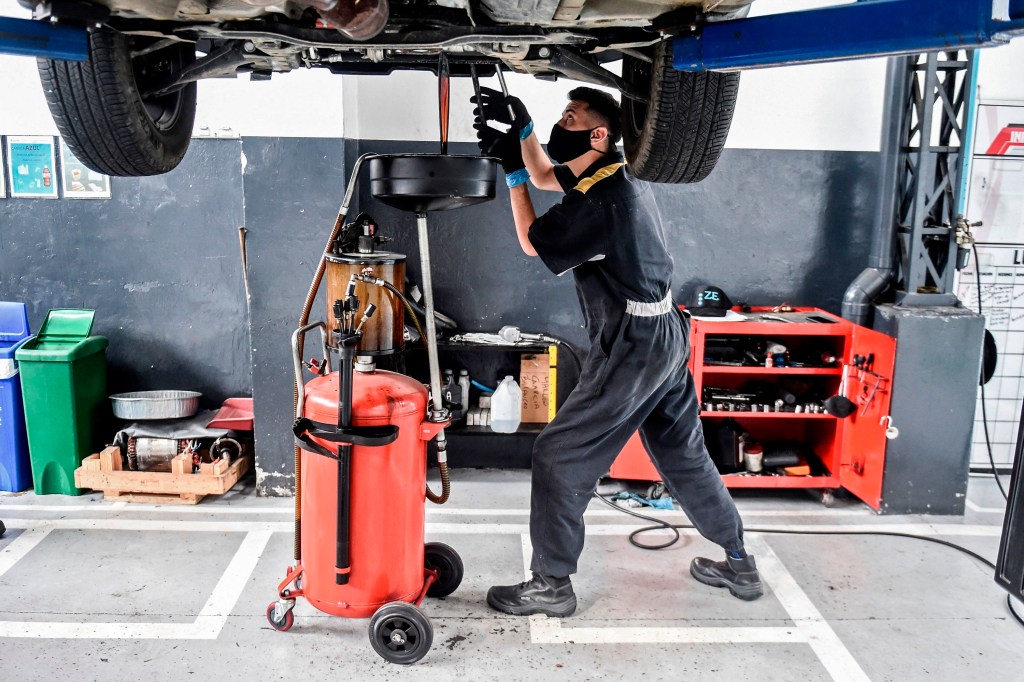
Is it Worth it to Carbon Clean Your Car’s Engine?
Maintaining your car regularly is important if you want to keep it running for the next 100,000 miles or more. As time goes on, your car will age and the miles on the odometer will rack up. Eventually, there’s a possibility that the engine will experience some power loss due to carbon buildup, which is why many mechanics and dealership shops will typically recommend a “carbon cleaning.” But is that procedure even worth the money they charge you?
Why would your car’s engine need to be carbon cleaned?

Gasoline engines produce power by burning fuel, which leads to carbon buildup in the combustion chambers over time. And while some emissions control devices can filter out a lot of the exhaust gasses and carbon that comes from the engine, some deposits will remain. According to Auto Express, vintage cars that didn’t have the modern technology that we have today would need to be “decoked” every once in a while.
This process involved a mechanic taking apart the engine and scraping off the carbon deposits on the components. Fortunately, there are easier ways to clean up carbon buildup nowadays, but it is still a necessary process for higher mileage cars.
How do you keep your engine clear of deposits?

Carbon deposits are going to build up in your car’s engine regardless, but there are measures you can take to keep them to a minimum. Regular oil changes with high-quality oil and filter are important for keeping your car’s combustion chambers clean. There is also a process that you can occasionally do called the “Italian tune-up,” which basically involves driving the car hard for an extensive amount of time to clear up the carbon deposits.
There are different types of carbon cleaning
If you decide that you want to carbon clean your engine, then there are a few different ways to get it done. First, you can purchase a fuel additive like “Sea Foam,” which you can then spray into the engine and add to the gas tank to clean things up.
Another method involves a mechanic spraying a super-refined fuel into your car’s engine making it very hot and thus cleaning the internal components. Lastly, the most involved method includes tearing down the engine and cleaning the components with a solvent or by “blasting.” The blasting method is when a mechanic blasts the engine components with crushed walnut shells, which are abrasive enough to clean the deposits.
Does carbon cleaning work?
Technically speaking, cleaning an engine of its carbon deposits should make it run more efficiently. According to Drive Tribe, the jury is still out on whether or not these services are a waste of money. If you want to save money, then you can always skip whatever carbon cleaning service your mechanic recommends and buy a can of Sea Foam to clean your car’s engine at home.
The video above shows that this particular fuel additive method does have some effect on cleaning up carbon deposits, but just remember that your results may vary. And if you rather not spend any money at all, then at least keep your engine running smoothly with routine maintenance, that way it will last well over 100,000 miles.



